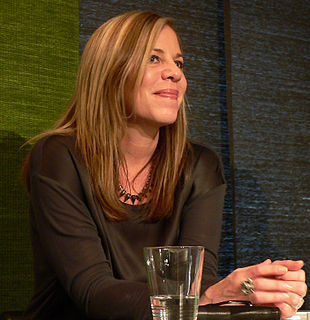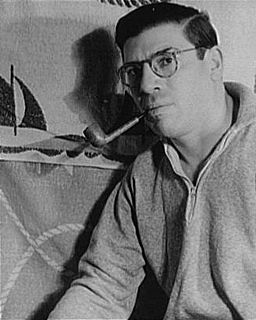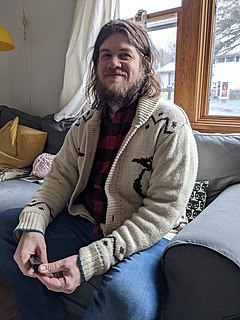A Quote by Karl Iagnemma
The thing about stories is that they almost always find their way onto the page, even if it takes a while.
Related Quotes
I think New York is working its way into my poems. It takes a while for a place to filter its way onto the page, but I've been reading more and more American poetry and I certainly feel it as quite a freeing force. Coming from the formally ordered tradition of poetry in Ireland, I find the expansiveness of American literature freeing in some sense.
It had that comfortably sprung, lived-in look that library books with a lively circulation always get; bent page corners, a dab of mustard on page 331, a whiff of some reader's spilled after-dinner whiskey on page 468. Only library books speak with such wordless eloquence of the power good stories hold over us, how good stories abide, unchanged and mutely wise, while we poor humans grow older and slower.
When you collect marine animals there are certain flat worms so delicate that they are almost impossible to capture whole, for they break and tatter under the touch. You must let them ooze and crawl of their own will onto a knife blade and then lift them gently into your bottle of sea water. And perhaps that might be the way to write this book — to open the page and let the stories crawl in by themselves.
Telling stories with visuals is an ancient art. We've been drawing pictures on cave walls for centuries. It's like what they say about the perfect picture book. The art and the text stand alone, but together, they create something even better. Kids who need to can grab onto those graphic elements and find their way into the story.
I love when stories have something a little magical in them, and there's wonder and curiosity. Somewhere there are people living these improbable stories, and our job is to go out and find them and bring them to the page. And so, the more surprising, the more uplifting, the more sort of even inspiring a story is, I find myself gripped by those.
It is only when you open your veins and bleed onto the page a little that you establish contact with your reader. If you do not believe in the characters or the story you are doing at that moment with all your mind, strength, and will, if you don't feel joy and excitement while writing it, then you're wasting good white paper, even if it sells, because there are other ways in which a writer can bring in the rent money besides writing bad or phony stories.
Even on the iPad or the Kindle, when reading a book, you're rewarded for pressing a button - it's almost as if it were a Pavlovian thing. There's a little action that happens. And that there's always a little pump of adrenaline that happens. But that pump is different when you're lifting a page as if it was a curtain in a theater to show you another thing.






































